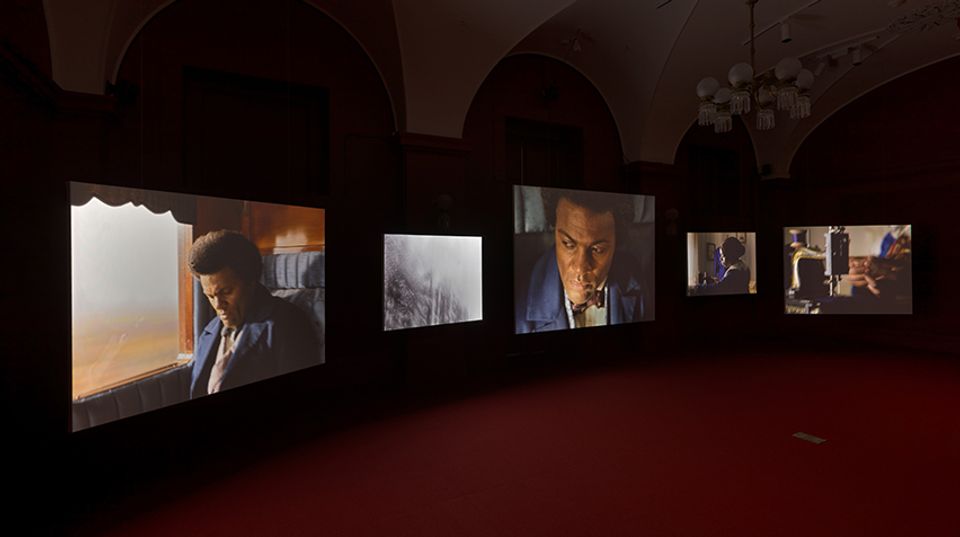
Steven Spielberg
The following is an excerpt from an interview with Steven Spielberg by filmmaker Laurent Bouzereau on August 6, 2008.
Laurent Bouzereau : What was your first encounter with Norman Rockwell?
Steven Spielberg: Whenever my dad would bring home a Saturday Evening Post, Norman Rockwell's work was often the cover art. So often, in fact, that I looked forward not even to opening the Post to see what was inside. I was mainly interested in seeing what story this painter was telling on the cover.
LB: What do you think he managed to capture that was universal?
SS: Rockwell in a way pushed a benign but important agenda of a kind of community, a kind of civic responsibility and patriotism. And he did this in one frame, with one image. And he did it, like Rashómon, from many different approaches to the same theme, which was tolerance of the community, of each other, of parents, of presidents, of Boy Scouts, of our veterans, and of soldiers fighting abroad. He was really one of the greatest Americans that this country has produced since, maybe, Samuel Clemens.
LB: Rockwell was almost like a filmmaker because he cast people to pose for him. He did sketches just like a filmmaker does storyboards. Can you comment on that?
SS: Norman Rockwell was the great American storyteller. And he did his storytelling in a flash; he did it with a single image. And he invites you to explore that image. He draws you into that image, and he invites you, once it makes an impression on you, to question why, simply question why. And as you answer your own question, there are clues throughout all of his paintings. In The Jury Room, you wonder how long have they been trying to convince the only holdout, who happens to be the only woman, to change her mind? You can guess by her position, her straight back, and by the schleppyness of all the other jurors who have found comfortable positions around the table. But then you look on the floor and see all of these cigarette butts, and you understand that this has been going on so long that perhaps she is going to hang that jury.
LB: Talk about Twelve Angry Men. I love the source light in The Jury Room. It's important to you, isn't it—that detail of where he places light in his painting?


















